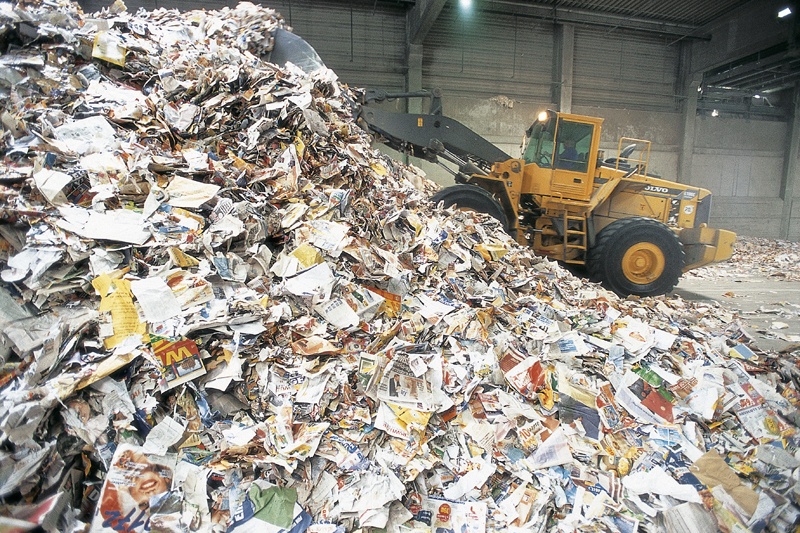
Online learning is an excellent educational option that offers:
- convenience
- reduced costs, and
- a personalised experience.
If you’re a student, there is a 50% chance that during your lifetime the course you will take will be online. Did you know, over 40% of Fortune 500 companies use some form of online educational technology for employee training, and according to IBM, online learning can boost productivity by up to 50%.
When did online learning take off?
Telecommuting became very popular during the 1990s. Employers quickly discovered that they could both reduce costs and increase employee satisfaction by allowing them to telecommute to work. Online learning offers similar benefits to the organisation and individuals involved.
However, there are extra environmental benefits to online learning. For one thing, online learning reduces the negative environmental impacts that come from manufacturing and transportation. The materials needed for traditional education institutions (textbooks, desks, electricity, buildings) are dramatically reduced. This reduces waste and conserves natural resources. Additionally, online learning saves money and time for both the learning institution and the student.
Here are four environmental ‘savings’ you can achieve by choosing online learning:
1. You save on fuel
If you look at American towns and cities, for instance, they tend to be decentralised. This means that residential, commercial, government and educational buildings are spread out to ensure proper urban growth. The downside of this is that the average American uses up to 600 gallons (or 2 271.25 litres) of fuel a year. Much of this waste comes from speeding, waiting in traffic and idling the car. Students who travel every day for just a few classes waste fuel and other natural resources. Online learning will allow you to learn from the comfort of your home while avoiding wear-and-tear on your vehicle and the local roads.
2. You reduce pollution and carbon emissions
One study revealed that for every 100 students who did not commute to school, carbon dioxide emissions were reduced by up to 10 tons every semester. Another study by the Stockholm Environmental Institute (SEI) showed that online learning courses resulted in a 90% emission reduction. The study specifically found that the average full-time traditional student created roughly 180 pounds (81 kgs) of CO2 emissions, compared to only four pounds (1.8 kgs) for an online student.
3. There is a reduced drain on natural resources
Buildings use large amounts of energy for power and heat. The energy consumption for students in a regular classroom creates a CO2 equivalent of over 220 pounds (9.8 kgs), compared to only 10 pounds (4.5 kgs) for an online student. The UK’s Open University Design Innovation Group (DIG) found that online learning consumes up to 90 per cent less energy compared to traditional sources. In addition to this, constructing schools and educational institutions requires plastic, metal, wood and other building materials. Online education reduces the demand for these raw goods, which protects the environment.
4. You save on paper
Deforestation is a serious global issue. According to the National Wildlife Foundation, 60 per cent of what a school generates in waste is paper. One ton of paper waste is equal to 16 large trees. Recycling 10 tons of paper is equal to the use of up to 100 barrels of crude oil. The traditional education system notoriously over-uses ‘busy work’, which is a chronic source of paper waste. With online learning you can even reduce the energy and resources used to recycle paper.
Online education is an excellent way to save paper because the curriculum, assignments and even textbooks are all digital. In Tempe Arizona, Rio Salado College started an innovative programme called the Textbook Savings Program. This has reduced student’s costs by over 50%. What’s more, all of the following can also be done via online portals (ensuring a further saving):
- Administration paperwork
- Registration
- Finances
Source:
http://www.triplepundit.com/2015/05/4-unsung-environmental-benefits-online-education/#





